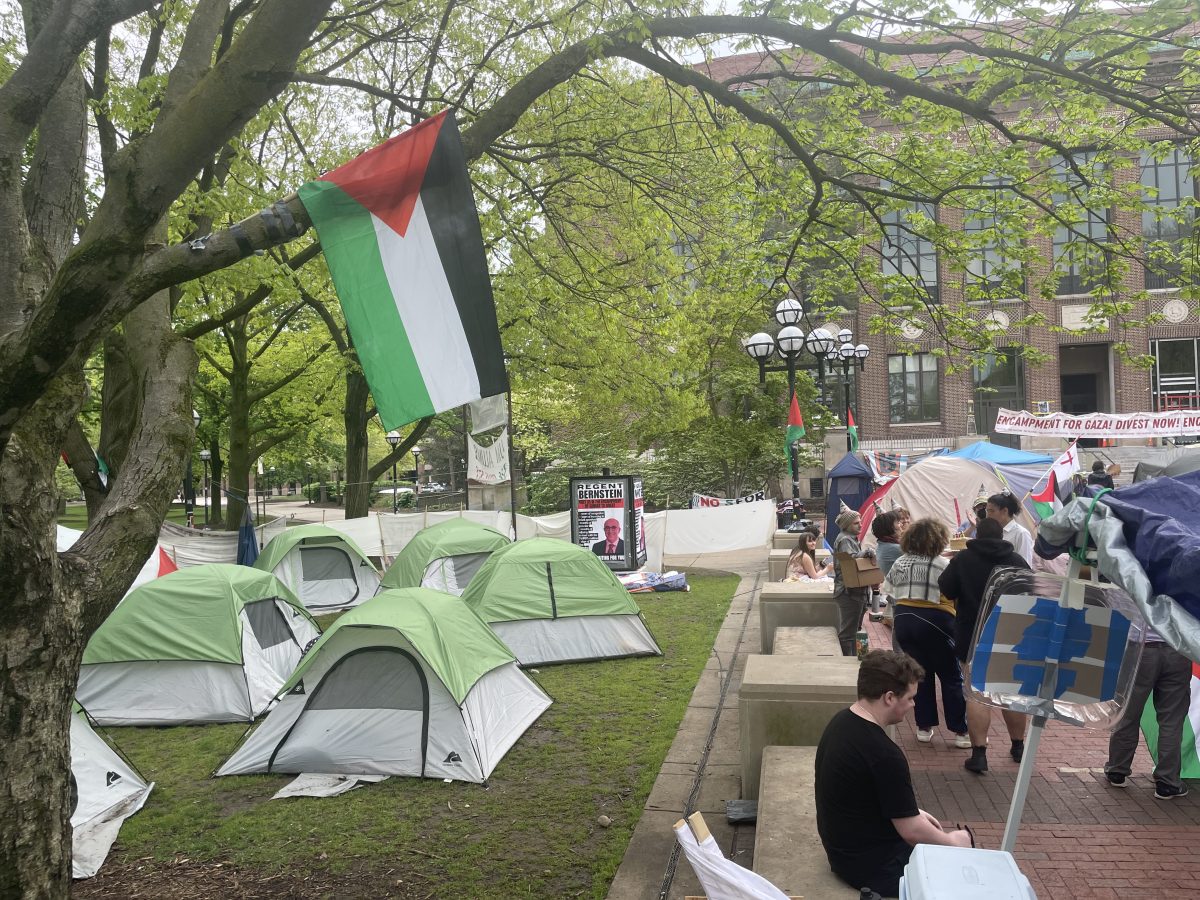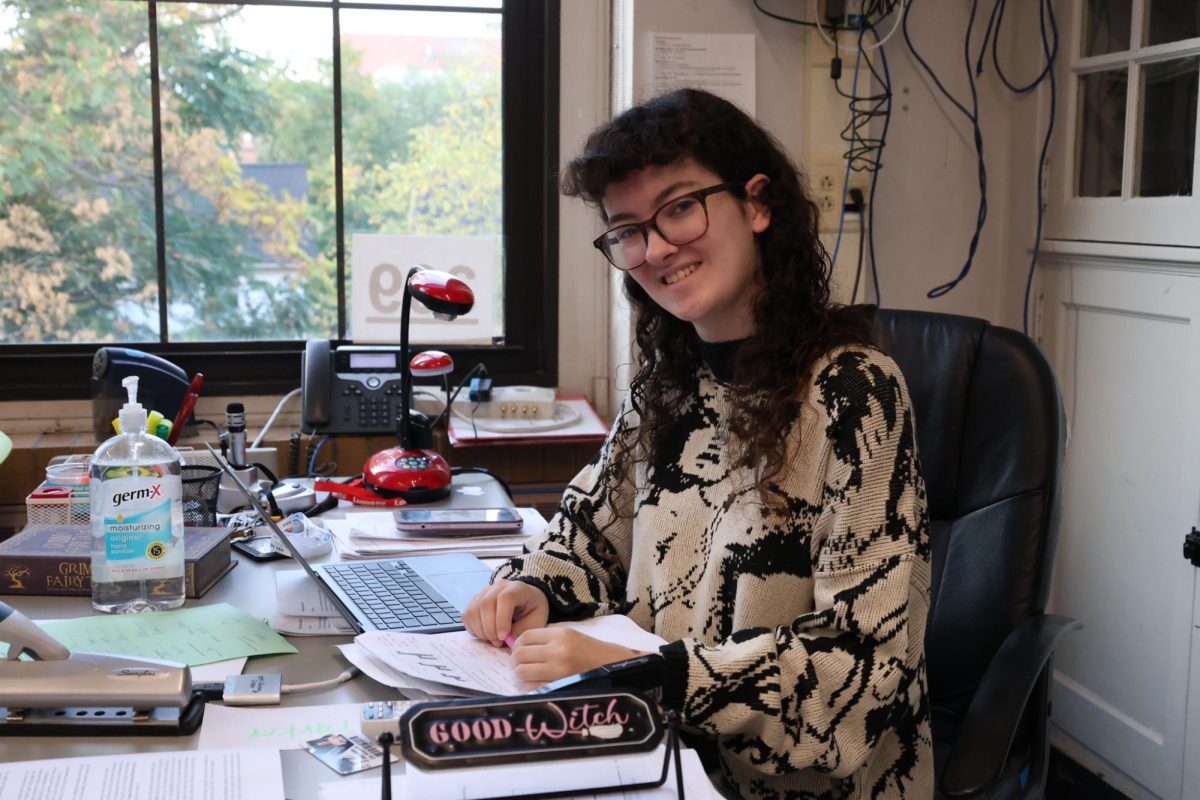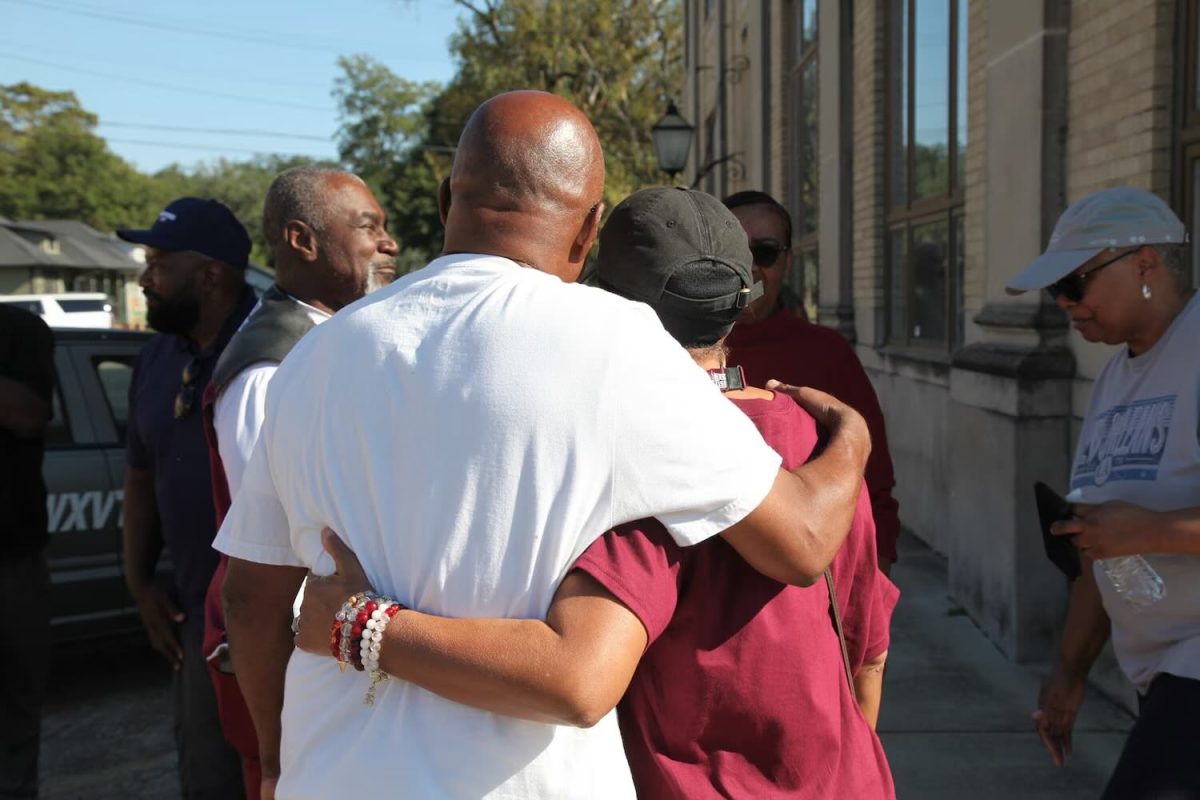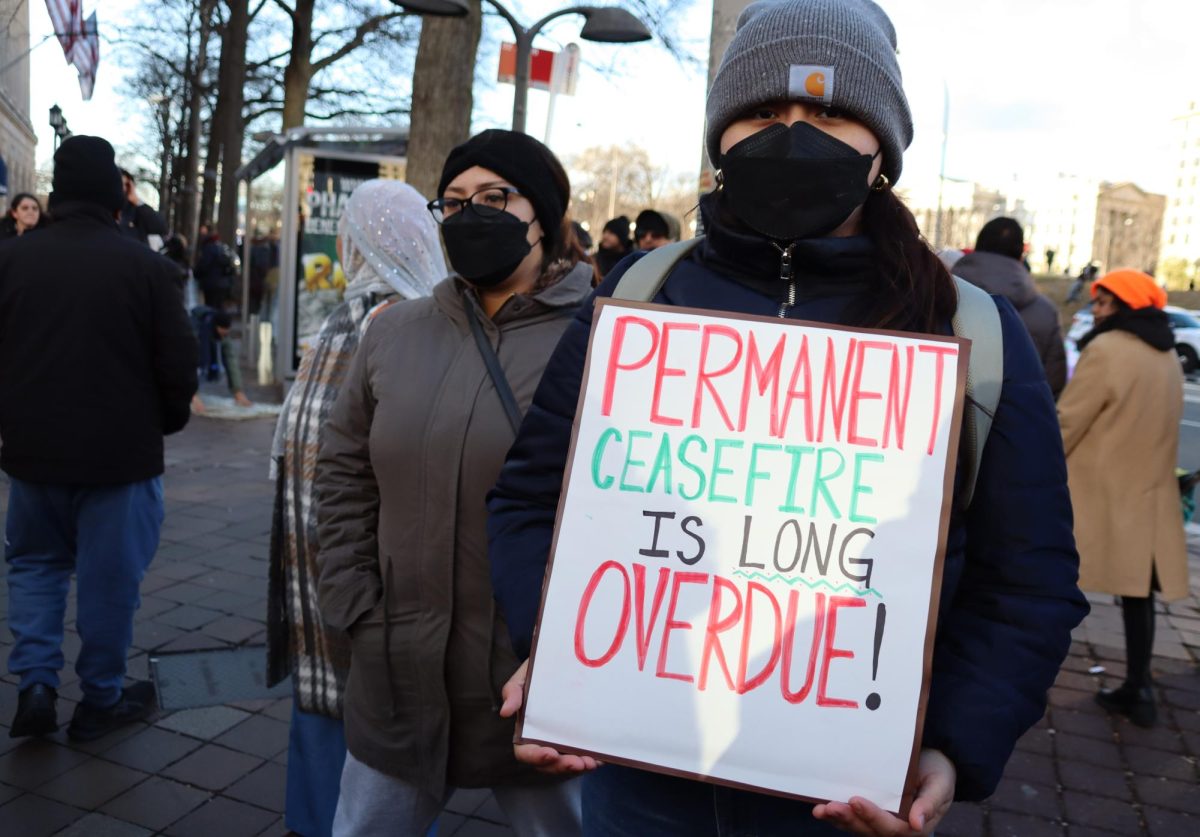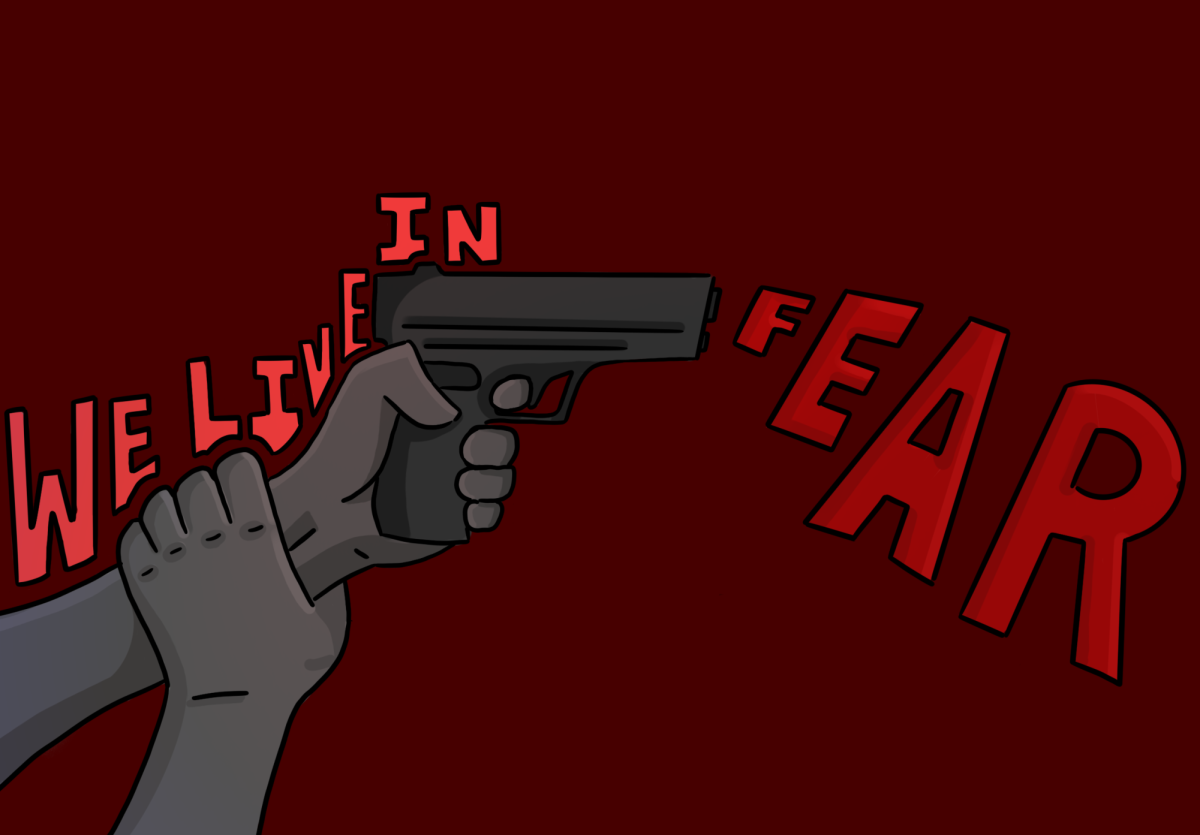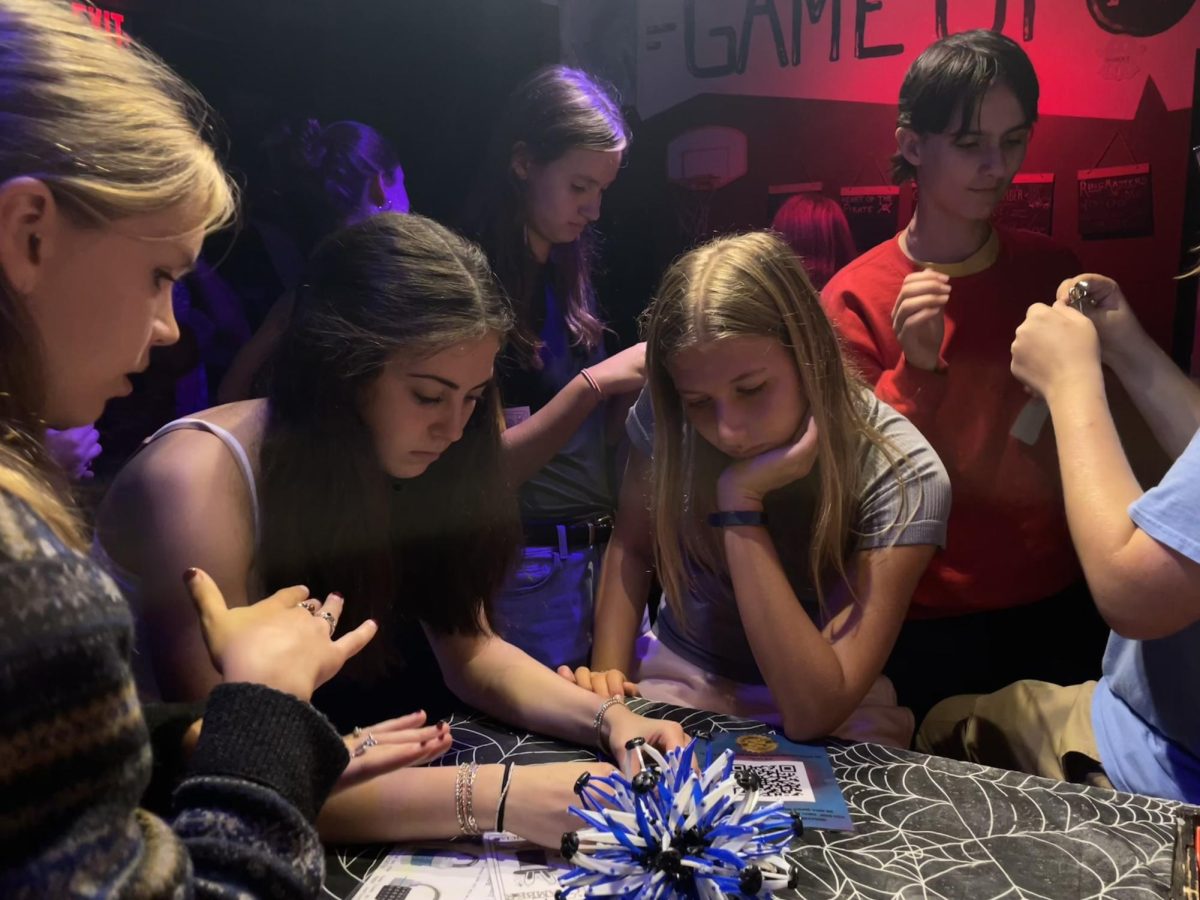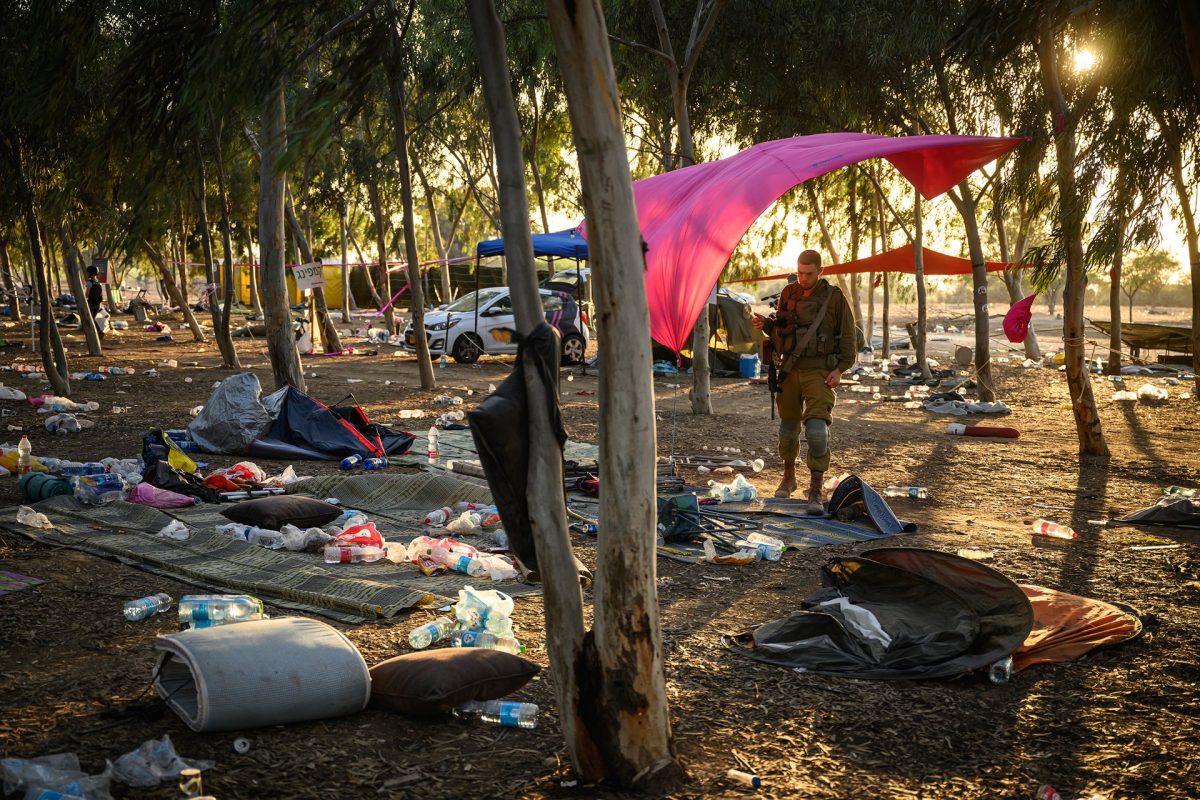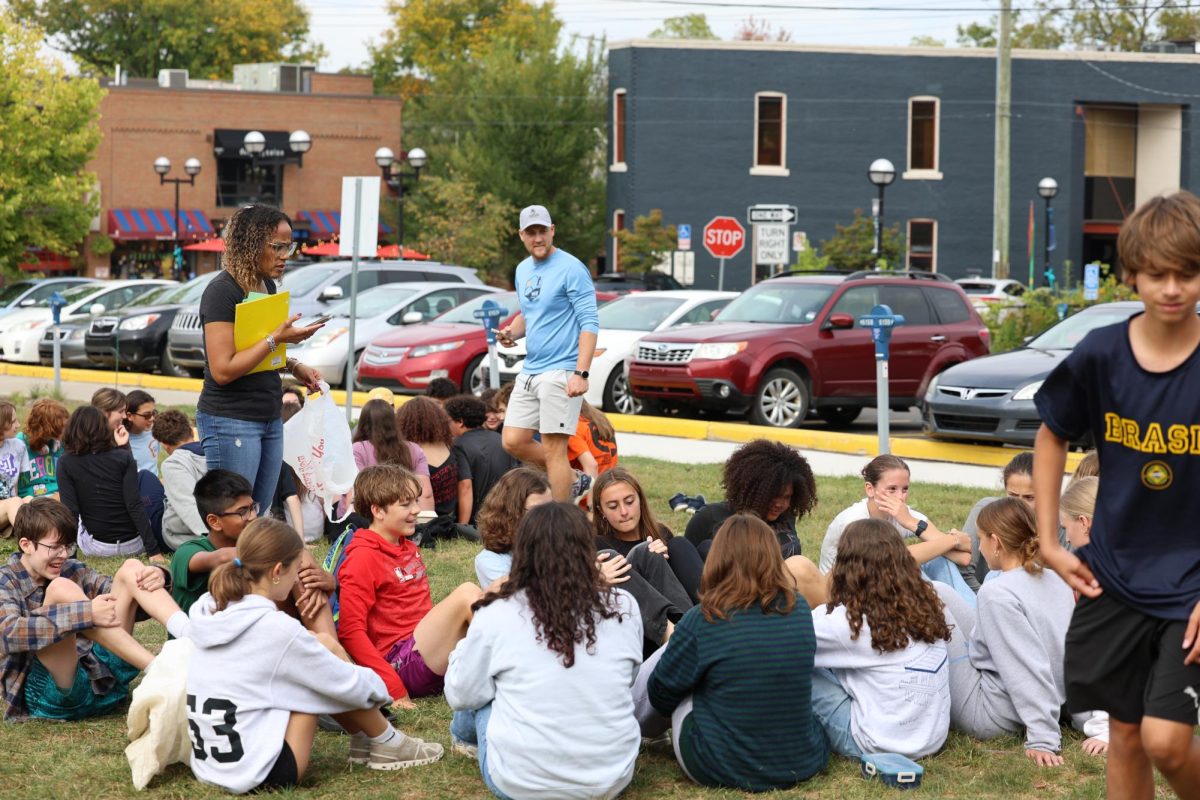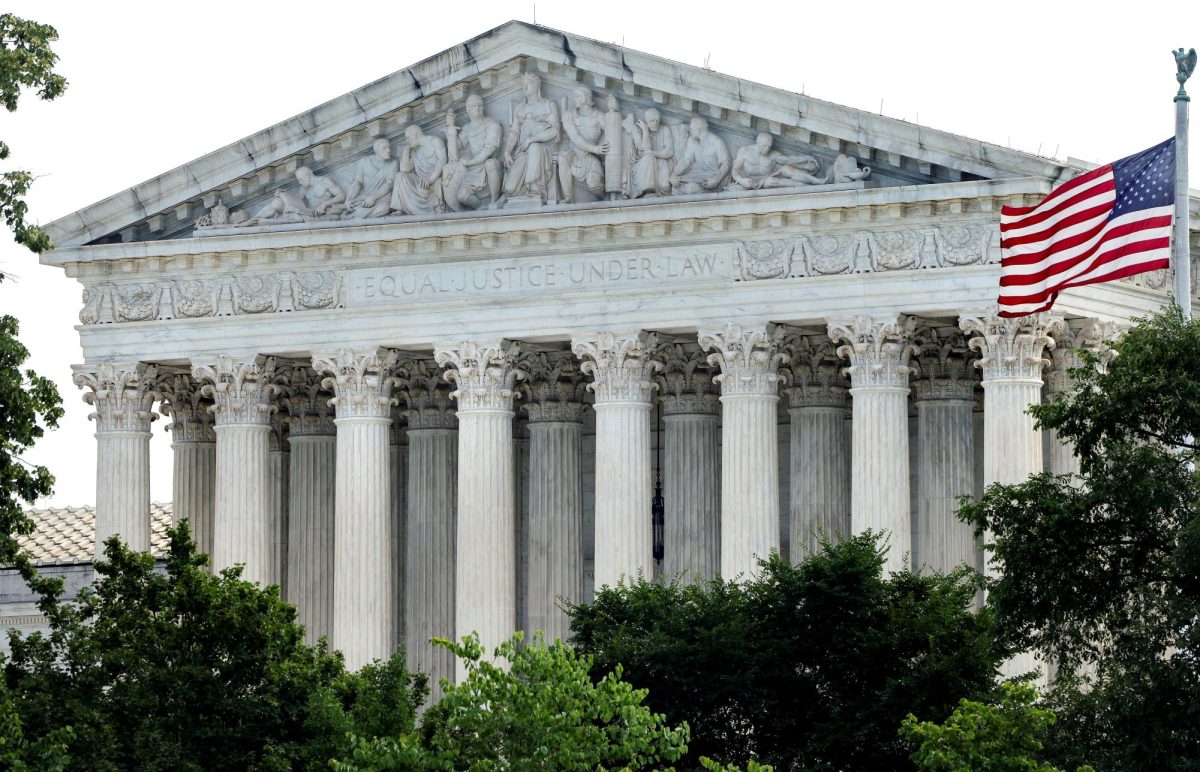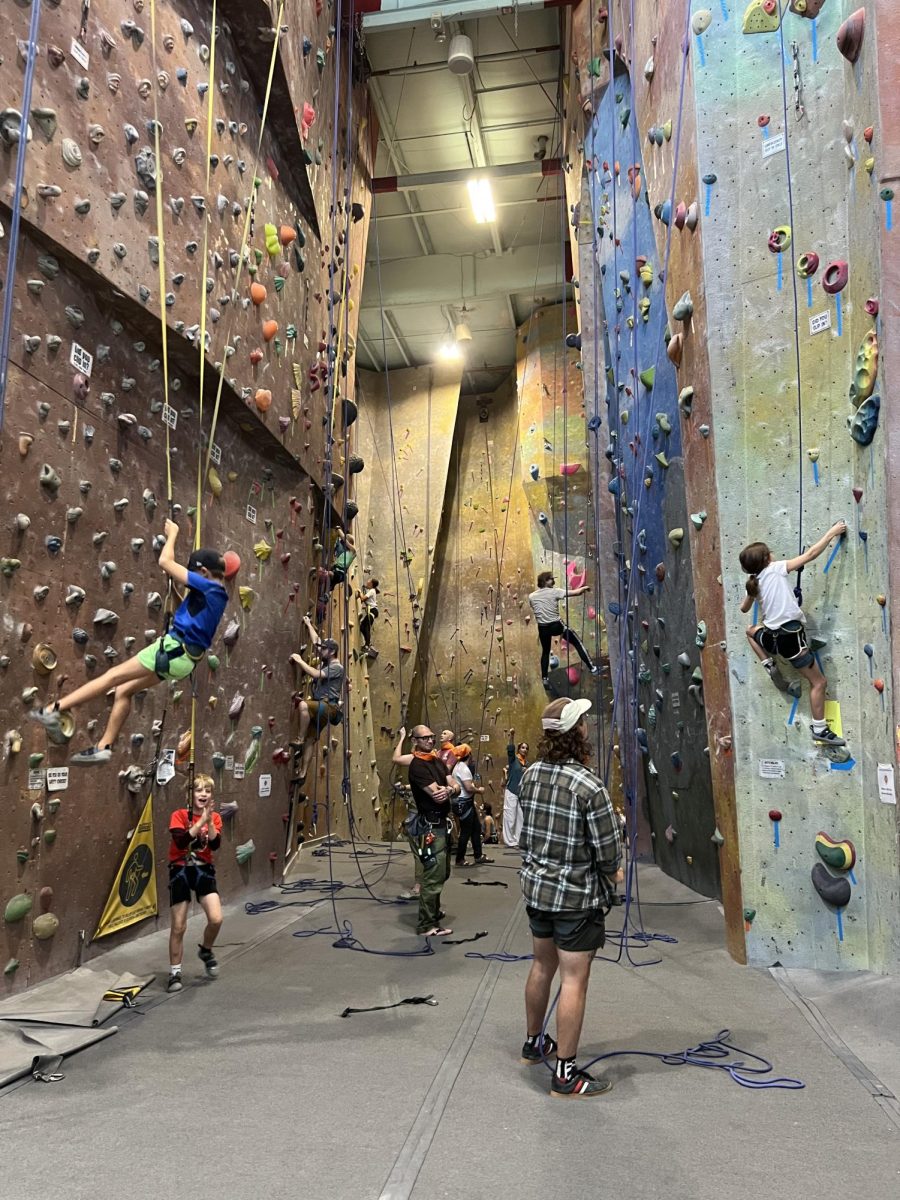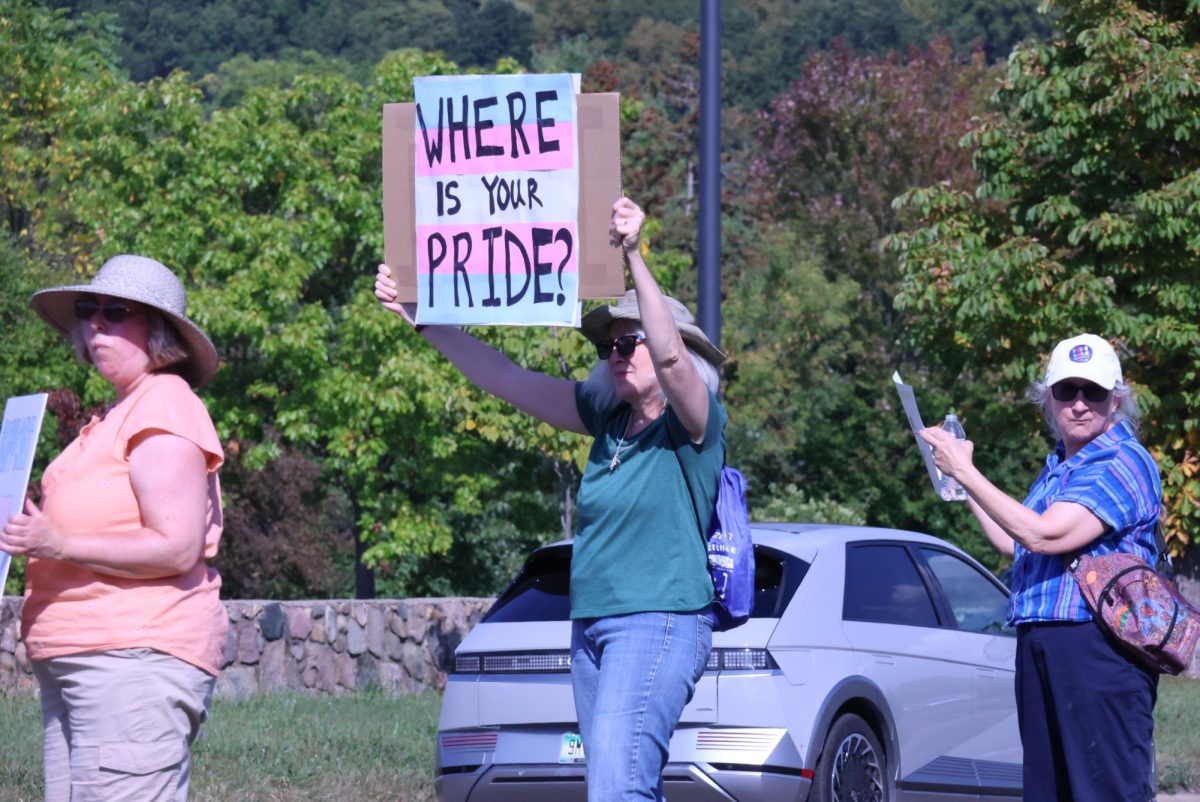On May 21st, 2024 the encampment in the Diag, a key park for the University of Michigan students in the central campus and a consistent hot spot to see student usage of free speech was met with enforcement by the U-M campus police (DPSS). This has become a pattern for open student protests against several universities to divest from Israeli-supporting and weapon-creating companies such as Lockheed Martin and Boeing.
Colleges have formed coalitions including Columbia University Apartheid Divest, or CAUD, including the University of Michigan’s very own TAHRIR Coalition, a student-led coalition group and pioneered by Students Allied for Freedom and Equality (SAFE). TAHRIR is described by their website as, “a coalition of 80+ organizations fighting for divestment from Israel and the military-industrial complex and reinvestment in our education and our community.” Their encampment at the Diag began in late April, where students spent time creating art and finding ways to support the people in Gaza by spreading awareness and giving monetary support. This brought the community outside the University of Michigan to support the encampment by bringing food and spending their time involving themselves in the protest. Despite rainfall, weather changes and events such as graduation, people continued to support the Coalition’s cause.
The backlash of locals and student population from the campus police’s removal of the encampment had grown so far that the University of Michigan’s president, Santa Ono, made a statement the day of the removal, claiming the encampment failed to follow safety regulations, including posing fire hazards, disrupting university operations and vandalizing property that could be deemed as threatening to U-M regents. Later on the same day, a statement made by the Campus Police, that referred to the prior one written by Ono, claimed there was a 15-minute warning period, which asked the 50 people who were present to leave voluntarily, meaning they would not be subject to arrest.
Police, not specifically the U-M campus police, have faced accusations of Islamophobia and mishandling their treatment of protesters, including on November 17th, when the University of Michigan called the police on a student protest in Ruthven demanding divestment. Ira Anwar, a PhD student, spoke of the students’ experience with police.
“About eight to 10 different police departments came down, there were roughly 55 police cars, and they brutalized students. They pulled the hijab off very young Muslim women,” Anwar said. “It was a very traumatic event for a lot of people. I was also inside there and the DPSS is now trying to push felony charges on a lot of students for November 17th. But part of the reason why we organized the DDA encampment is “Divest Don’t Arrest,” which is to say our repression here is connected to the occupation of Palestine and to American imperialism.”
Harsh encounters like these have caused a tense relationship between students and police. The university’s role in police enforcement on protests and the encampment has also come under criticism:
“The university, as part of this American imperialist regime, is protecting its money,” Anwar said. “American law always prioritizes private property and money, and the repression we witnessed on November 17th was a result of that.”
In a statement to The Communicator, the Public Information Officer, in context to the DPSS clearing of the U-M encampment, stated that the case is still open and under investigation and that no additional information would be released currently, reiterating the campus police’s previous statement; “[the encampment’s] presence was in violation of policies and regulations. Its removal was important to help maintain the safety and security of the U-M campus community.”
Despite safety concerns, students at the encampment before its removal described it as a community space.
“Showing up is the biggest part of being part of any movement, and to see people participate in whatever way, holding workshops and singing with us, that’s been a big part of what we’re doing,” Anwar said. “So in whatever way you can show up, just show up. You are here, that’s beautiful.”
Activities at the encampment included workshops, poster making, and opportunities to write to children in Gaza. Teach-ins were also held, a form of protest used in other decades including the anti-war movement during the Vietnam war. The Pro-Palestine movement has taken influence from other historical movements as well, including the anti-apartheid movement in protest of South Africa’s racist and segregated government and country. Strategies such as the academic boycott of South Africa have been applied to the current pro-Palestine movement.
The South Africa divestment movement, was an inspirational movement that started in the mid to late 70s, and student-led. It spread like wildfire across the country, including Michigan. As a result, a clause came into the university investment policy.
“If there is an issue that has grave moral and ethical considerations that impacts a large part of the university community, [the University of Michigan] will set up a committee to investigate investments and complicity of the endowment in whatever the moral issue is,” said Anwar. “[SAFE is] working on the premise that the genocide is a very, very clear moral issue. And so is the occupation, which has been going on for 75 years. However, the university, despite their own investment policy, has refused to even have a conversation about divestment, and despite actually divesting from Russia in a week, in 2022.”
Criticisms of the university being hypocritical have risen, and questions of its ethical and moral role in the war are prominent points of conversation within student protests. Israel has been compared to apartheid South Africa and has garnered widespread attention after the start of an ongoing case in the International Court of Justice wherein South Africa alleges Israel is committing genocide against Palestinians. Universities across the country have dealt with similar appraisals, and public responses to their handling of protests and encampments have varied.
The response to the encampment’s clearing has been mixed. The TAHRIR Coalition is continuing to protest digitally through Instagram, such as sending mass emails to Eli Savit and Victoria Burton-Harris, prosecutors for Washtenaw County to drop the charges of the protesters arrested on November 17th. Currently, questions of how future campus protests will be conducted are still in the air. It is unclear what protests on the Diag and other university spaces will be allowed, or what enforcement mechanisms will be used. At present, there are unarmed guards from Liberty Security Group Inc., contracted by the University of Michigan, as well as security cameras at the Diag.



